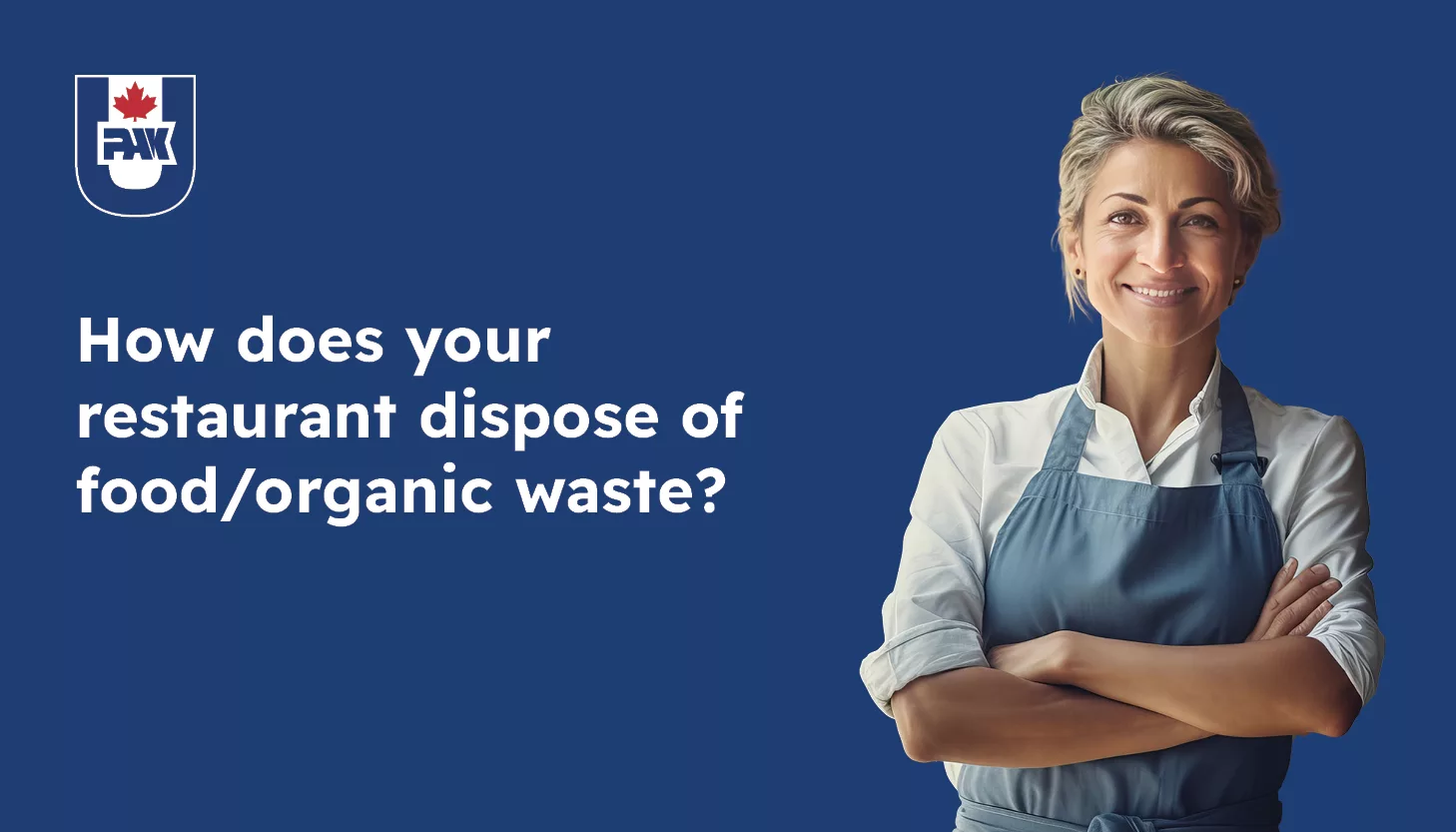In the bustling world of restaurants, where delectable dishes are created and enjoyed, food waste disposal is often overlooked. The issue of food waste is a growing concern, and the restaurant industry plays a significant role in this problem. However, it also possesses the power to be part of the solution. In this blog post, we will delve into the importance of proper restaurant food waste disposal and how it can lead to a more sustainable and responsible industry.
Environmental Impact
The environmental repercussions of improper food waste disposal are staggering. When organic waste ends up in landfills, it undergoes anaerobic decomposition, releasing harmful greenhouse gases such as methane. According to the EPA, methane is over 25 times more potent than carbon dioxide in terms of heat-trapping capacity over a 100-year period. By implementing effective food waste disposal strategies, restaurants can significantly reduce their contribution to greenhouse gas emissions.
Resource Conservation
Food production consumes vast amounts of natural resources, including water, energy, and arable land. When food is wasted, these resources go to waste as well. By disposing of food waste in an eco-friendly manner, restaurants can indirectly conserve these precious resources, ultimately leading to a more sustainable food production system. Learn about U-Pak’s food, organic and bakery recycling services here.
Cost Savings
Effective food waste disposal practices can lead to significant cost savings for restaurants. When food is wasted, not only are the initial costs of production lost, but additional expenses for disposal also accrue. By implementing strategies such as composting or food donation programs, restaurants can reduce disposal costs and potentially generate revenue through partnerships with local farms or charitable organizations.
Reputation and Customer Loyalty
Consumers are becoming increasingly conscious of the environmental impact of their choices, including where they choose to dine. Restaurants prioritizing responsible food waste disposal are more likely to resonate with environmentally-conscious customers. Committing to sustainability can enhance a restaurant’s reputation and foster customer loyalty.
Legal Compliance and Regulatory Standards
Many regions are implementing strict regulations and standards regarding food waste disposal. Non-compliance can result in hefty fines and legal consequences. By adhering to these regulations and adopting best practices in waste management, restaurants can ensure they are operating within legal boundaries, protecting their business interests.
Supporting the Community
Effective food waste disposal can also be a means of giving back to the community. Many charitable organizations and food banks are in constant need of donations. By redirecting surplus but still safe and edible food to these organizations, restaurants can play a pivotal role in combating food insecurity and hunger within their communities.
Proper food waste disposal is an environmental imperative and a strategic business decision for restaurants. By implementing sustainable practices, restaurants can reduce their ecological footprint, save money, enhance their reputation, and support their local communities. The responsibility lies not only with the restaurant owners and managers but also with the consumers, who can support and patronize establishments that prioritize responsible food waste management. Through collective effort and conscious choices, we can create a more sustainable and thriving restaurant industry for generations to come.





